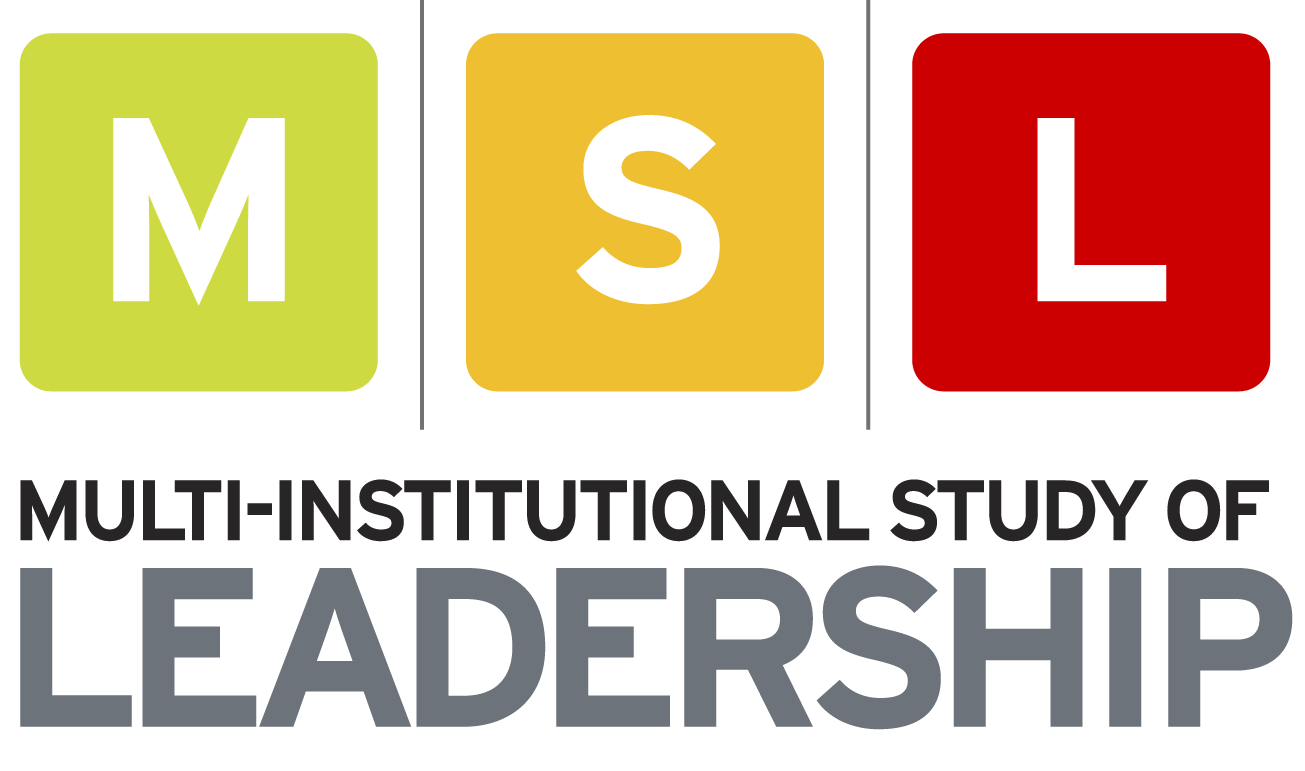CCP (2 of 6): Ana Rossetti and John Dugan – What has been seen cannot be unseen, or, curricular applications of Cultivating Critical Perspectives (NASPA Leadership Podcast)
See the series description and Part 1 if you have arrived here first.
NASPA Leadership Podcast, hosted by Myles Surrett
Episode 24: Cultivating Critical Perspectives Part 2: Curricular applications with John Dugan and Ana Rossetti
Ana Rossetti and John Dugan discuss curricular applications of Leadership Theory: Cultivating Critical Perspectives.
Ana piloted the book and facilitator’s manual in her class “Foundations of Ethics and Social Justice in Leadership” at Loyola University. Calling it an “essential and treasured resource”, Ana appreciates the clearly defined learning objectives and variety of activities which engage students to support learning the theories.
John detailed the necessity of the facilitator’s manual to “get past the gatekeeper”: when a book’s goal is to disrupt the normal way leadership is taught, decreasing the burden on the instructor increases the likelihood of adoption and ultimately of making “shift happen”.
Ana noticed a cycle of ebb and flow with the curriculum. Students who had been exposed to leadership theories before her class, would often begin the semester with an attachment to one. Through the experiential activities, students learned how to deconstruct, and would be sad about deconstructing something they had been so excited about. Importantly, they also learned how to reconstruct, to rebuild it in a way that disrupts problematic systems and structures.
This process “create[d] real hope and real progress” – students learned these core life skills of deconstruction and reconstruction and began to understand their own agency in effecting social change. It opened their eyes – “they couldn’t unsee”.
Some critics have suggested that the material is too difficult for undergraduate students. Ana’s experience suggests that it’s our own biases with developmental readiness and our own learning that gets in the way. Believe in our students – they don’t have as much to unlearn as we do – and empower them from an early age with these skills and tools.
To hear more from John and Ana about cultivating critical perspectives in the classroom, including examples, creating a safe space and a brave space, and the success of creating more questions than answers, tune in to the NASPA Student Leadership Programs podcasts, hosted by Myles Surrett, at iTunes or SoundCloud.

